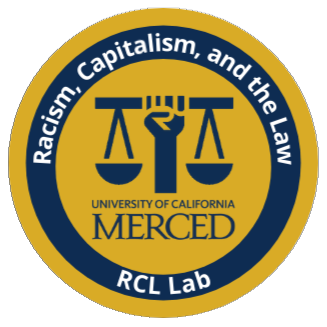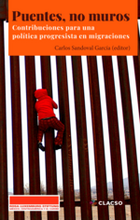Die Forschung zu Abschiebungen verdeutlicht, dass diese leidvoll sind und schwerwiegende Folgen für Betroffene und ihre Familienangehörigen haben. Es gibt jedoch relativ wenige Studien darüber, wie sich die Erfahrungen zwischen verschiedenen nationalen Kontexten unterscheiden. Ausgehend von 81 Interviews mit dominikanischen und brasilianischen Abgeschobenen argumentieren wir, dass ihre Reintegration von Makro-, Meso- und Mikrofaktoren beeinflusst wird. Darunter zählen individuelle Merkmale wie kulturelle Anpassung und Humankapital (mikro), nationale und transnationale Bindungen (meso) sowie soziale und wirtschaftlichen Bedingungen, unter denen Abgeschobene aufgenommen werden (makro). Das Forschungsdesign des vorliegenden Artikels arbeitet diese Faktoren heraus und zeigt, wie sie voneinander abhängen. Je ungünstiger sich der Aufnahmekontext auf die Reintegration auswirkt, desto relevanter werden Faktoren auf der Meso- und Mikroebene. Dominikanische Abgeschobene werden von Regierung und Gesellschaft stigmatisiert und sind daher mehr auf transnationale Bindungen und ihre eigene Resilienz angewiesen. Im Gegensatz dazu stoßen brasilianische Deportierte auf einen weniger feindlichen Kontext, was bedeutet, dass sich Personen mit lokalen Bindungen und Humankapital einfacher reintegrieren. Scholarship on deportation makes it clear that deportations are painful and have severe consequences for deportees and their family members. However, there is relatively little scholarship on how post-deportation experiences vary from one national context to another. Drawing on 81 interviews with Dominican and Brazilian deportees, we argue that post-deportation experiences are shaped by macro-, meso-, and micro-level factors. Micro-level factors include individual characteristics, such as acculturation and human capital. Meso-level factors include national and transnational ties. Macro-level factors include the context of reception – the social and economic conditions into which deportees are received. We put forward a framework that both highlights these factors and shows how they are interdependent. The more adverse the context of reception, the more likely that deported people rely on other factors, such as transnational ties or human capital. Dominican deportees face stigmatisation from government and society, and, thus, depend more on transnational ties and their own resilience. In contrast, Brazilian deportees encounter a friendlier context, meaning that those deportees with more local ties and human capital are able to reintegrate with fewer challenges.
Publications by Year: 2020
2020
More than six million people have been deported from the United States since 1996. The Dominican Republic is one of the top ten countries to which deportees are sent. Most scholarship on deportation focuses on the challenges deportees face post-deportation. There is also a long history of scholarship on how migrants draw from social, human and financial capital to integrate into host societies. This article thus asks what forms of capital are useful for deportees’ re-integration and focuses on the forms of capital deportees draw from to survive in the aftermath of deportation. An analysis of 60 in-depth interviews with Dominican deportees reveals how deportees’ combination of limited human capital, fractured social capital and positive psychological capital assists in their re-integration. Results also show that access to employment is not only an important step in social and economic integration, but that it also helps deportees to achieve emotional stability.


